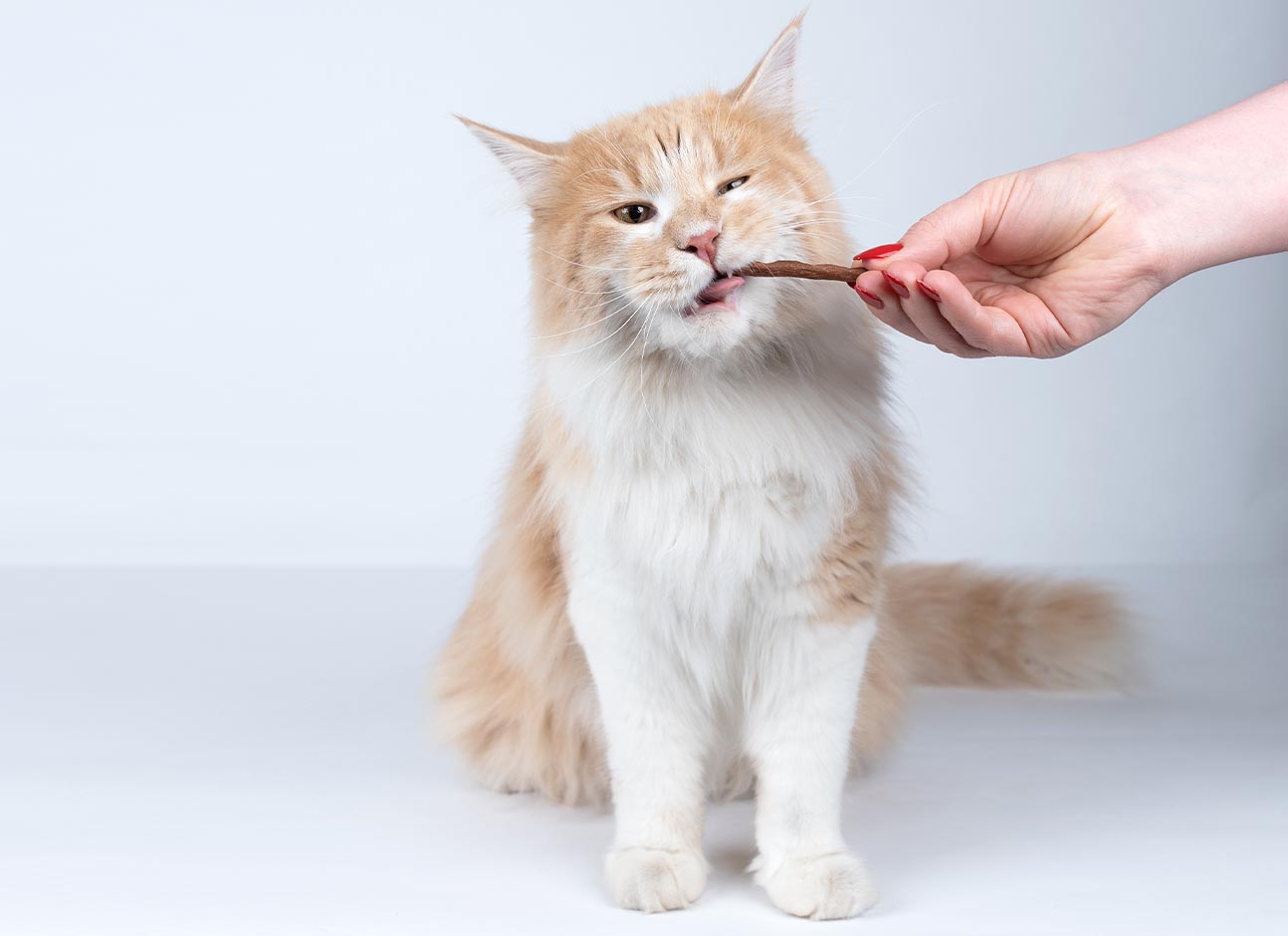Can cats eat beef jerky? The answer is a resounding yes, but there are some essential things to consider before giving your cat the treat. Beef jerky can be dangerous to cats if they eat it in large amounts or if it contains additives that aren’t listed on the packaging. What is the best way to ensure your cat gets the nutrients without risk? Make sure you buy cat food made with natural beef!
Reasons Why Cats Should Not Eat Beef Jerky
Cats have different digestive systems than humans, and they’re not designed to eat jerky. Cats also don’t have the exact nutritional needs of dogs or people. For example, while dogs need to eat meat and protein daily, cats only need it every few days.
The Dry and Tough Texture of the Beef Jerky
Beef jerky is a protein-rich snack for cats, but it’s not something your cat is used to eating. The dry and tough texture of beef jerky can be a challenge for cats who have never tasted it before. Cats may also find jerky beef high in sodium, making their kidneys work harder as they digest it.
In addition to being new for cats, the high protein content of beef jerky is also unfamiliar territory for them—a large portion of their diet should consist of meat or other animal products like eggs and cheese (and perhaps even some fish).
The High Salt Content of the Beef Jerky
Beef jerky is high in salt. So if you’re looking to feed your cat beef jerky, you must consider the amount of salt in each treat. The average serving size for beef jerky is about 1 ounce (28 grams), which contains about 50 mg of sodium per ounce (1.5 g). This means that if you fed your cat one ounce (28 g) of beef jerky every day for a year, its body would end up with about 1150 mg daily—more than double what’s considered safe for cats!
For reference: dogs have a recommended maximum daily dose of approximately 100 mg/day and should not receive more than 10% of their diet from processed meats such as hotdogs or bacon strips; cats can safely consume up to 20% at most without experiencing adverse effects on health or behavior
Excessive Sugar can Cause Obesity
You’ve probably heard that Sugar is bad for your pet if you’re a cat owner. The good news is, it’s true: excessive Sugar can cause Obesity. Carbohydrates are the body’s primary energy source and are found in foods like vegetables or fruits. When you overeat carbohydrate-rich foods like ice cream or candy bars (which contain lots of refined carbohydrates), your body stores it as fat rather than using it for energy—that’s why these types of foods make us feel tired after eating them!
Fats are also essential for cats because they provide various nutrients such as vitamin K2, which may help prevent cancer in some animals who consume large amounts daily over long periods.”
Seasonings can Cause Toxicity
Cats are sensitive to different seasonings, so you should be careful when seasoning your food. Anise is toxic to cats and can cause liver damage. Cinnamon also causes liver damage in cats, as well as causing anemia. Onion powder can cause aflatoxin toxicity, leading to kidney failure or even death if untreated (this is only one of many risks associated with onion powder). Salt may also be harmful if given in large doses; excessive salt intake can result in Obesity and heart disease.
Conclusion
While cats can eat beef jerky, this is not recommended. Cats need a diet high in protein and low in calories, so overeating or anything else can lead to weight issues and other health problems. If you decide that your cat needs some treats, try feeding them raw meat instead! You can find many raw chicken and turkey types at most grocery stores or pet stores like Petco or Petsmart. This will provide them with all the nutrients they need without causing any problems if ingested by your pet.
Delicious, nutritious, and delivered to your door. That’s our promise with our Food Delivery service!
